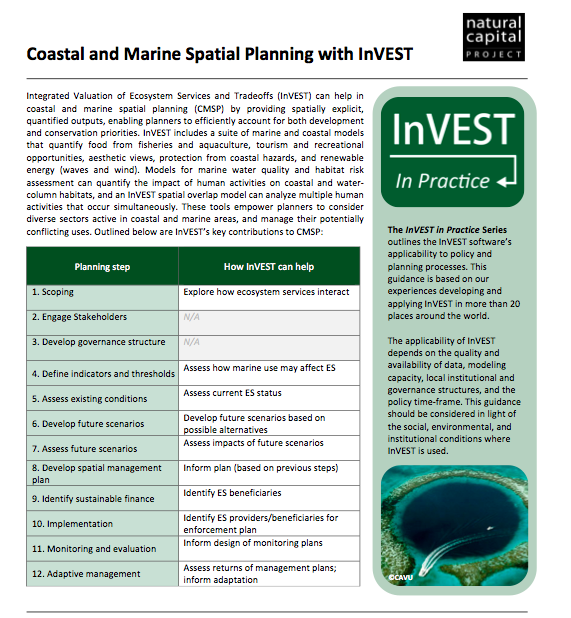Investing Strategies Alternative Investments Long Term Investments Investment Guide
Post on: 16 Май, 2015 No Comment

Investment Guide Overview
Investment Guide Overview
To be really basic there are pretty much just a few different types of mainstream investments. They are stocks or shares, property, bonds and cash. Now that does sound rather simple, but it is a little more complicated than that. However when we look a bit deeper into it, there are quite a few sub-categories for each kind of investment.
Each area of investing comes with its own challenges, positives, negatives and quite a bit of learning as well.
Fortunately, the amount of information that you need to learn is in direct relation to the type of investor that you are. So what type of investor are you? Most people will either be conservative, moderate or aggressive investors. And you may find that once you have some experience in investing, your style of investing may change also. Particular types of investments also usually fit into one of two categories – high risk or low risk.
The share market can be very intimidating for those new to investing and I recommend getting some other investing experience before tackling this type of investing.
Conservative investors often invest in cash. This means that they put their money in interest bearing savings accounts, money market accounts, mutual funds, Government Backed Bonds, and Certificates of Deposit. These are very safe investments that grow over a long period of time. These are also low risk investments in a way, but often don’t even keep up with inflation. It also means you are relying on other people to invest your money wisely and that you have absolutely no control over it.
Modest investors will often invest in cash and bonds, some may try their hand in the stock market, others may purchase property and most moderate risk investors will be looking at low to moderate risk investments.
The more aggressive investors generally do a lot of their investing in the stock market, which is quite a volatile market. If you plan to get into share trading I strongly suggest doing at least one course that has been recommended to you by someone you trust and then to paper-trade (practice trading – real trades, but without actually buying them) for at least six months. Aggressive investors will look at business ventures along with higher risk property deals.
So let’s say you’re an aggressive investor and you find an older apartment building. You would plan to invest even more money renovating the property, which can be risky if you have not calculated all the outcomes correctly. You would invest this way because you anticipate being able to increase the rental fees for each apartment or perhaps you were looking to flip the property for a net profit. This can be very lucrative and it can also cause bankruptcy. Usually it comes down to how well you do your homework and how much experience you have.
Property in any given area tends to go through cycles, so again you need to be educated before you jump into any “deals of a lifetime”, especially if everyone is jumping in at the same time. Usually by that time all the real deals have been snapped up by the savvy investors and you are looking at the peak of the cycle, just before it starts to decline. I will go into cycle details in much more depth in future posts. Oh, and it’s not just property that has cycles – just something that you should be aware of.
If you’re seriously considering investing you first need to decide what risk level you are comfortable with and how much money you have to start out with. Seriously, there are very few people who get rich working for someone else, so you’re on the right track, because you’re going to look after your own money way better than anyone else in the long run. Just remember – especially when you’re starting out – that any money you plan to invest, you must be comfortable with the idea of losing it. You mustn’t invest with money you can’t afford to lose.














